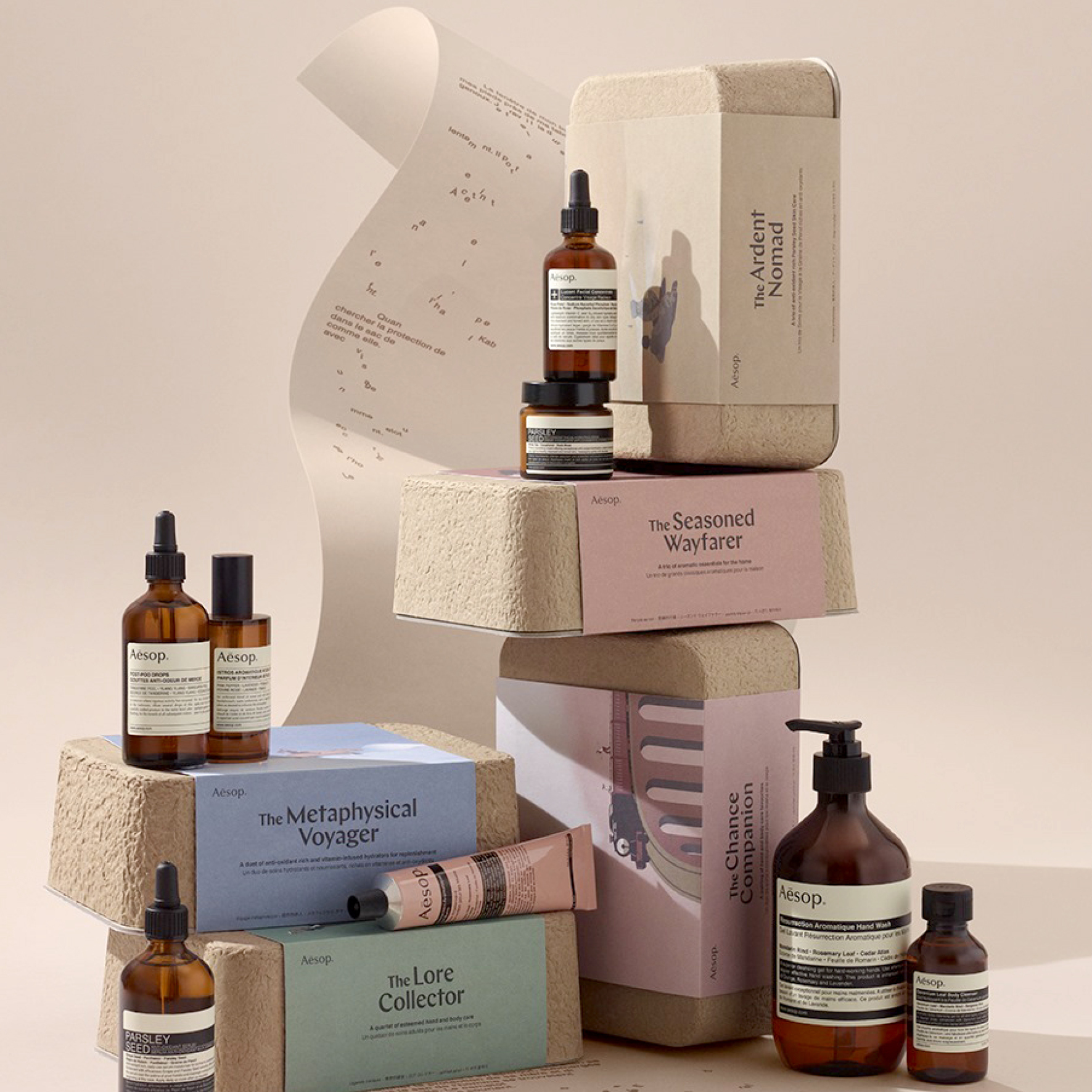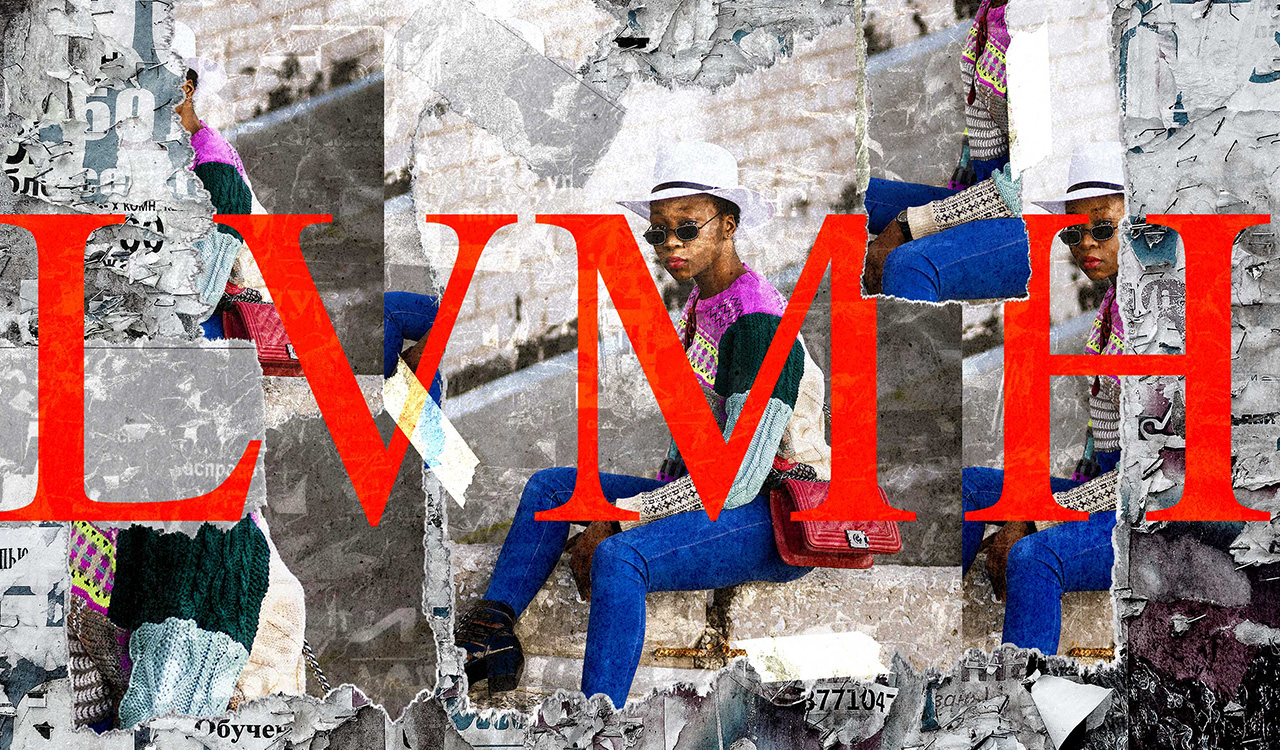When a number of reputable business news outlets recently reported that none other than LVMH, L’Oréal and Shiseido were allegedly embroiled in a $2 billion bidding war for the Australian beauty brand Aesop, I’ll cop to being a bit surprised. Somehow, when I wasn’t looking, this quietly lovely line, founded in 1987 and steeped in natural ingredients, had morphed into a covetable, highly profitable powerhouse.
In fact, when São Paulo-based Natura & Co bought a 65 percent stake in Aesop directly from its founder Dennis Paphitis in 2012, a quarter century after it was founded, it signaled an intention to become a major player on the global beauty stage. After its acquisitions of The Body Shop from L’Oréal in 2017, the remainder of Aesop from Paphitis in 2018 and Avon from Cerberus Capital Management in 2019, Natura & Co. cemented its status as the fourth largest pureplay beauty entity in the world.
Aesop products are chock-a-block with star ingredients like parsley seed, tea tree leaf, primrose and chamomile; the 46-year-old brand was way ahead of the so-called “clean” curve.
So Why Sell Aesop Now?
Okay, so maybe the Avon acquisition doesn’t make tons of sense for a company with a brand roster heavily stacked toward naturals. Along with its own Natura Brasil range of products powered by Brazilian biodiversity ingredients, The Body Shop and Aesop round out a solid portfolio of well-regarded, not wildly expensive brands that are committed to using plant-based ingredients whenever it makes formulation sense and working to save the planet through comprehensive sustainability efforts.
Although there are only a handful of Natura Brasil stores dotting the globe, both The Body Shop and Aesop have extensive retail footprints. Free-standing store counts put The Body Shop at a whopping 2,800 and Aesop at 247, according to the Natura & Co website. But for sure, all three brands are omnichannel, with robust websites and distribution in a wide swathe of department and specialty stores.
And oddly, a Google search even turned up a selection of Aesop products at Walmart.com. One wonders how many $106.95 bottles of Resolute Hydrating Body Balm Walmart shoppers are tossing in their carts alongside the Eggo waffles and Brawny paper towels.
Despite the Walmart blip, Aesop brings something to the table that Natura & Co’s other brands don’t: a status-y presence in the upscale hospitality world. For decades, its cult-favorite Resurrection Aromatique Hand Wash, a heady unisex blend of mandarin rind, rosemary leaf and cedar atlas, has had pride of place in umpteen trendy restaurants and luxe boutique hotels. (During its heyday, the now defunct Gramercy Park Hotel in New York City is rumored to have blasted through 250,000 bottles of the stuff a year.) That’s in addition to the shampoos, conditioners and body products discerning travelers are positively thrilled to find in their rooms.
So, if Aesop is so beloved, with such strong global cachet, why is Natura & Co. looking to offload it? Per reports, a few possible scenarios include an IPO, slicing off a partial stake or selling it lock, stock and barrel. Why? Parent-company cash flow problems, apparently. Or, to spin it in more upbeat terms, Natura & Co has ambitious growth plans, and it needs lots of additional capital to make those happen.
Committed to Quality – and its Idiosyncrasies
Ultimately, only Natura & Co, which had net revenues of $7.6 billion in 2021, knows how Aesop factors into its future. But as for why beauty behemoths such as LVMH, L’Oréal and Shiseido would like to get their mitts on the brand, I’m convinced it shakes out to quality, authenticity and all the little quirks and idiosyncrasies that make the brand stand out in a sea of sameness.
For starters, with products chock-a-block with star ingredients like parsley seed, tea tree leaf, primrose and chamomile, the 46-year-old brand was way ahead of the so-called “clean” curve. That’s thanks to Paphitis, a barber’s son-turned-hairdresser, who had a fondness for weaving essential oils and other plant-centric ingredients into the products he custom crafted for clients.
Dig up the handful of interviews the press averse Paphitis has given over the years, and it’s abundantly evident that he’s obsessed with high standards and details, down to mandating the specific brand of toilet paper used at Aesop headquarters and the exact colors his finance team were allowed to use for charts and diagrams in their presentation decks.
That attention to detail plays out in the Aesop store designs, which, thanks to an ever-shifting roster of architects, ensures that no two are alike. Victoria Maddocks, who served as VP global creative and store design for Kiehl’s for eight years and oversaw the build-out of 100+ stores and 300 shops-in-shop after L’Oréal acquired the brand in 2000, tips her hat to Aesop’s retail acumen.
“I really like that Aesop works with different architects, yet seamlessly holds the brand identity intact in all their stores and points of sale,” Maddocks says. “This is not easy to execute. It requires the team in charge to really understand the core values and personality of the brand and stay true to the absolute integrity always.”
Given our collective microscopic attention spans these days, going above and beyond to make a store uniquely captivating – and to incorporate elements of the neighborhood it’s inhabiting, as both Aesop and Kiehl’s have excelled at – is just smart business. “In a world where shoppers are easily bored, it keeps it all the more interesting,” Maddocks notes. “If customers like the retail experience, they linger longer and generally buy more. That’s supports a healthy business model.”
It also keeps industry giants like LVMH, L’Oréal and Shiseido on high acquisition alert. Of these three, which company will emerge triumphant, with a shiny new addition to its brand lineup? My crystal ball is telling me to take L’Oréal out of the equation, primarily because Aesop is, in my opinion, too closely ideologically aligned with Kiehl’s. LVMH, which has virtually cornered the market on chic beauty brands and is an obvious master at creating aspirational retail environments, seems like a great fit. But never in a million years would I rule out the highly disciplined, quality-fixated Shiseido. There’s nothing even remotely like Aesop in Shiseido’s current portfolio, and that could make all the difference.




